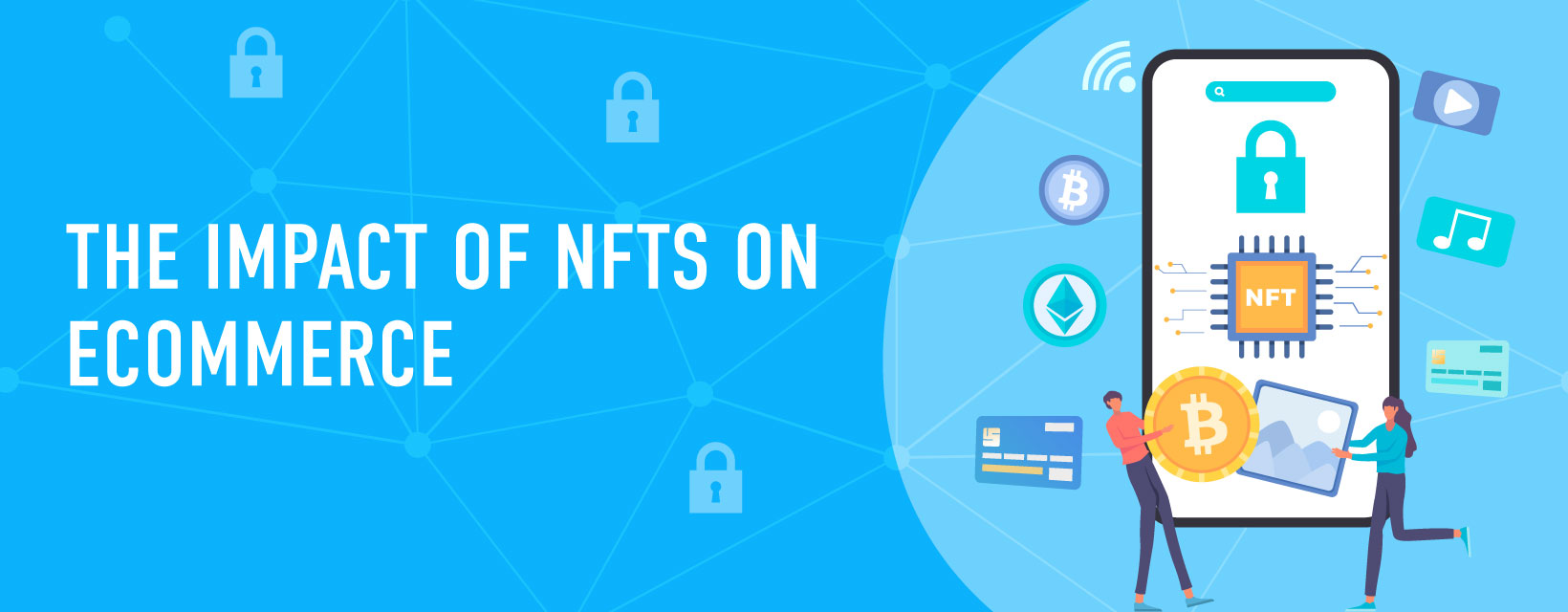As the world continues to grapple with the pandemic, many aspects of life are rapidly evolving to meet the needs of a changing landscape. One area that has seen significant growth in recent months is the use of NFTs in e-commerce. NFTs, or non-fungible tokens, have exploded onto the scene in the last year, with everything from digital artwork to sports highlights being sold as unique, one-of-a-kind assets. But what exactly are NFTs, and how are they impacting online shopping?
At its core, an NFT is a digital asset that is verified on a blockchain, meaning it is unique and cannot be replicated or replaced. This makes them ideal for everything from art and music to virtual real estate, and even sports memorabilia. For e-commerce platforms, this has opened up a whole new avenue of sales, allowing them to offer unique items that can’t be found anywhere else.
One of the most significant impacts of NFTs on e-commerce has been the ability to create a new level of scarcity for digital items. In the past, digital assets were often viewed as “infinite” goods that could be easily replicated and shared. However, with the advent of NFTs, items can now be sold as one-of-a-kind, limited-edition pieces that collectors can own and trade. This has created a new sense of exclusivity around digital items, making them more valuable and desirable to consumers.
But it’s not just collectors who are benefiting from the rise of NFTs in e-commerce. Content creators, such as artists and musicians, are also seeing new opportunities to monetize their work. By selling their creations as NFTs, they can receive a portion of the sales every time the item is resold, creating a new stream of revenue that didn’t exist before. This has the potential to disrupt traditional business models, allowing creators to take more control over their work and how it’s sold.
Of course, like any new technology, NFTs come with their own set of challenges and risks. One of the biggest concerns is around sustainability, as the energy usage required to create and maintain blockchains can be significant. Additionally, there is always the risk of fraud and scams, as there have already been cases of fake NFTs being sold to unsuspecting buyers. As with any new technology, it’s important for e-commerce platforms and consumers alike to do their due diligence and carefully research any NFT purchases before making a transaction.
So, what does the future hold for NFTs in e-commerce? It’s hard to say for sure, but one thing is clear: this technology is here to stay. As more creators and collectors enter the space, and as e-commerce platforms continue to integrate NFTs into their offerings, we can expect to see even more unique and valuable items being sold in the digital marketplace. As for me, I’m excited to see where this technology takes us, and I’m confident that it will continue to reshape the world of online shopping in the years to come.
Jurgen Cautreels is a digital marketing expert with a focus on e-commerce and blockchain technology. He is passionate about exploring new and innovative ways to use technology to enhance the shopping experience for consumers around the world. With over a decade of experience in the industry, he has worked with some of the world’s leading e-commerce brands to develop cutting-edge marketing strategies that drive growth and engagement. In his free time, Jurgen enjoys staying up-to-date on the latest trends in digital marketing and exploring the great outdoors with his family.
